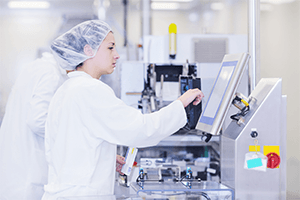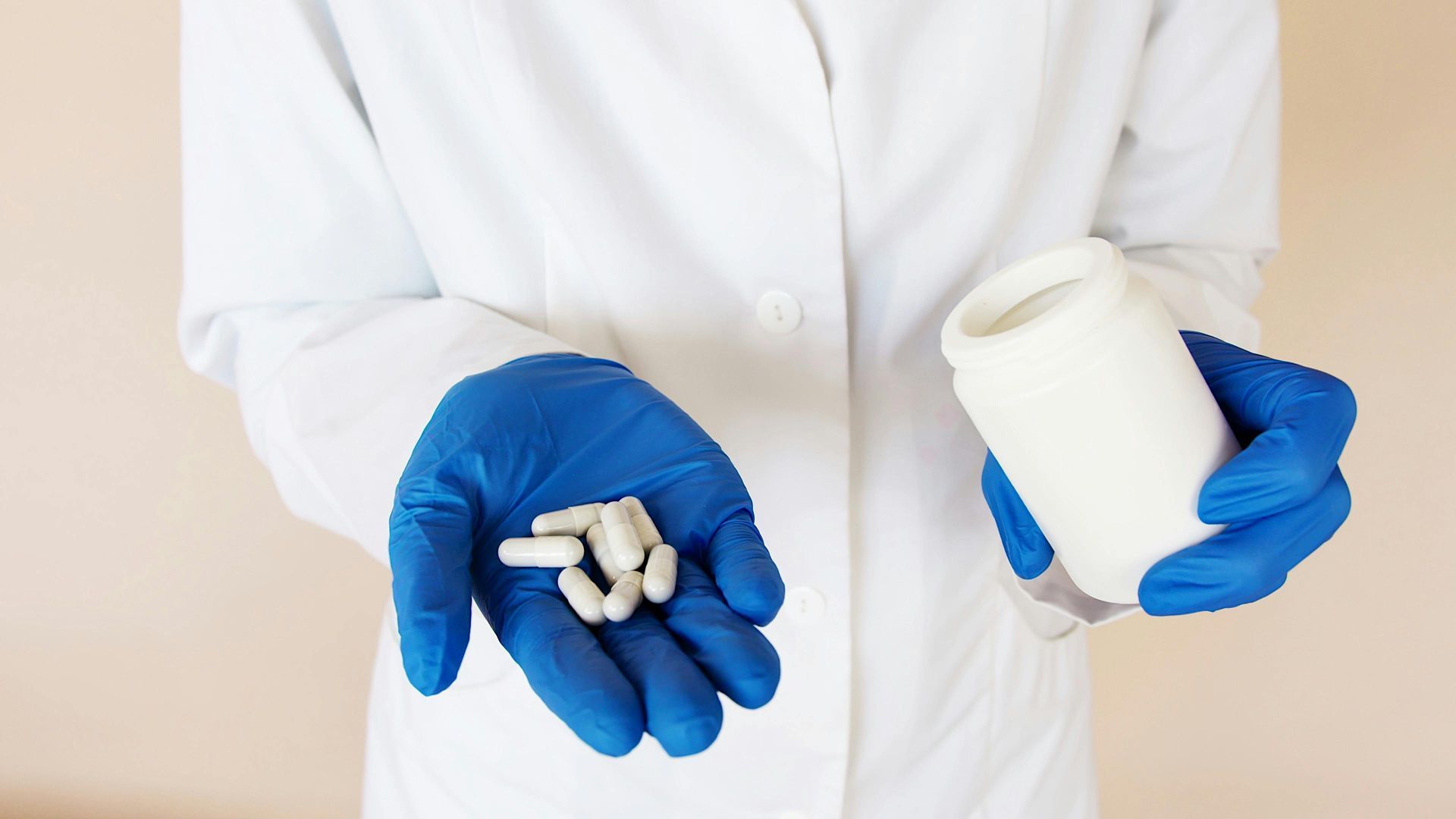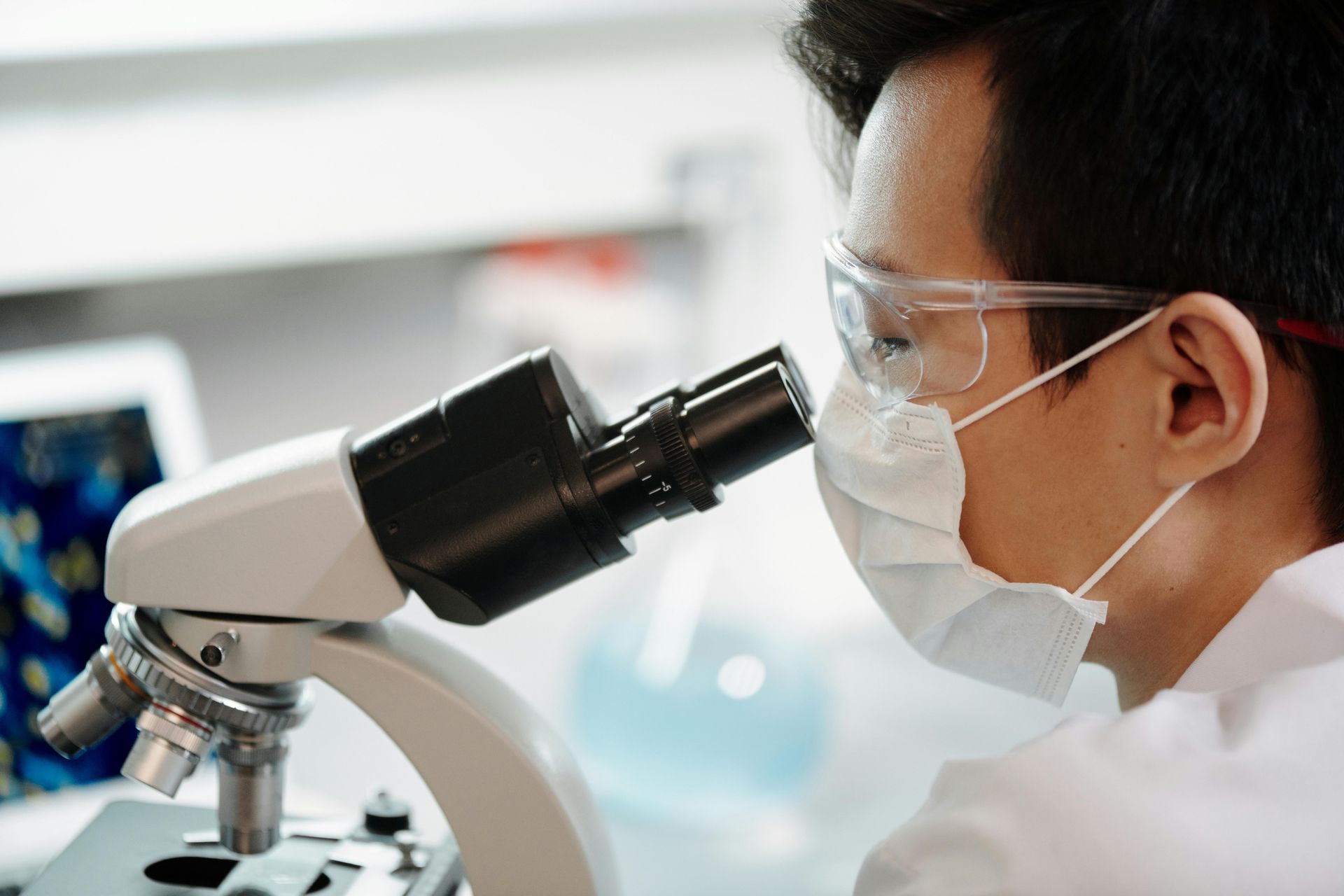The Latest on COVID-19 and the Pharmaceutical Industry

The pharmaceutical industry has been scrambling in recent months in response to the COVID-19 coronavirus pandemic. While no currently approved vaccine or treatment is available yet, significant progress and developments have arisen.
The following is a snapshot of recent news regarding the coronavirus and how the medical community is responding to it.
Testing Procedures Will Accelerate
Doctors have an important question to answer: should they quickly accept new therapies for COVID-19 in
response to the urgency of the pandemic, or should they wait for longer clinical testing trials?
The University of Pittsburgh School of Medicine has developed a new model of testing that could provide the answer. This method, known as “reinforcement learning,” uses artificial intelligence to search for suitable therapies more quickly than traditional approaches. The model repurposes a previous platform, REMAP (randomized, embedded, multi-factorial, adaptive platform), for use in COVID-19 testing. REMAP originally helped treat pneumonia.
In this new system, referred to as “learning while doing,” patients will receive multiple experimental treatment options to gather data rapidly on solution effectiveness. Poorly-performing options will be removed in favor of more successful ones until ideal treatments transpire.
The data will be available from multiple international sources so that the model can learn quickly. This “learning while doing” approach is necessary in the midst of the pandemic.
Moderna's COVID-19 Vaccine Trial Starts Enrolling Subjects in Phase 1
Moderna issued a statement about the progress of its vaccines, revealing the National Institutes of Health (NIH)-led phase 1 study of its COVID-19 candidate mRNA-1273 has begun enrolling subjects to receive the highest dose. The trial has three arms that are administering doses of 25 mcg, 100 mcg and 250 mcg.
Pfizer and BioNTech Announce Collaboration
With a final goal of achieving worldwide access to a COVID-19 vaccine, pharmaceutical organizations Pfizer and BioNTech have announced a collaboration to accelerate human clinical testing.
The companies believe that their combined capabilities with regards to research and development, regulatory knowledge, manufacturing resources, and a distribution network will generate much-needed progress in finding a cure.
Currently, the businesses are searching for regulatory clearance throughout the United States and Europe to continue testing. It’s clear that fighting the COVID-19 pandemic will involve significant teamwork among multiple entities in the pharmaceutical industry.
GSK and Vir Biotechnology Also Announce Collaboration
In a similar vein, GlaxoSmithKline (GSK) and Vir Biotechnology, Inc. will join together to research coronavirus solutions. The companies have exchanged significantly large equity investments.
Vir Biotechnology contributes its own proprietary monoclonal antibody platform, a technology that will identify antiviral antibodies capable of solving not only COVID-19 but also future outbreaks. GSK, likewise, has experience in functional genomics and immunology.
The two pharmaceutical organizations will use CRISPR screening, artificial intelligence, and machine learning tools to analyze their current antibody candidates, VIR-7831 and VIR-7832, which have a high likelihood of neutralizing the virus.
The CEO of Vir Biotechnology, George Scangos, states that “multiple therapeutic approaches” will be necessary to fight the pandemic and that the current outbreak will not be the last.
Leading Treatments Identified
After searching through over 10,000 chemical compounds, international testing has narrowed down to 6 drug candidates that could treat the pandemic virus. Computer software and technology has been a vital tool in predicting the effects of drugs on the virus.
The main COVID enzyme is main protease, or Mpro. It’s involved in the virus’s replication. Because humans don’t naturally have this enzyme, scientists believe that targeting it is the best option for curing the disease while minimizing side effects.
Collaboration among many international contributors will be essential to taking advantage of this knowledge, and scientists are “optimistic that drug discovery will accelerate in the near future during this pandemic.
Johnson & Johnson Finds Leading Vaccine Candidate
Medical organization Johnson & Johnson has been working on vaccine candidates for COVID-19 since the beginning of the year. The company has recently partnered with BARDA, the Biomedical Advanced Research and Development Authority.
Johnson & Johnson believes that its manufacturing capacity should be robust enough to provide over a billion vaccine doses for the coronavirus once they become available. It has invested approximately $1 billion to fund the research and testing of the vaccine.
A finished product could be available as early as 2021, pointing to an unusually accelerated time frame as most vaccines require 5 to 7 years before approval. Nonetheless, the company plans to start Phase 1 human clinical trials by September of this year.
Johnson & Johnson proclaims that its goal is to provide an affordable vaccine on a not-for-profit basis in the face of a growing pandemic.
The Importance of Education
It’s clear that developments regarding COVID-19 are arriving in rapid succession. It’s more important than ever for business owners to keep their employees up-to-speed on current events.
CfPIE offers the business sector incredible opportunities for employee training at this critical point in COVID-19 research.
Our company is now providing virtual training opportunities for employees in the pharmaceutical, biotech, medical device, and skincare industries. Ensure that your employees are up to date with the latest information.
Are you interested in learning more about our pharmaceutical and biotech training and certification programs? Contact us today by calling 1-610-648-7550.
Blog Categories
Stay Informed


